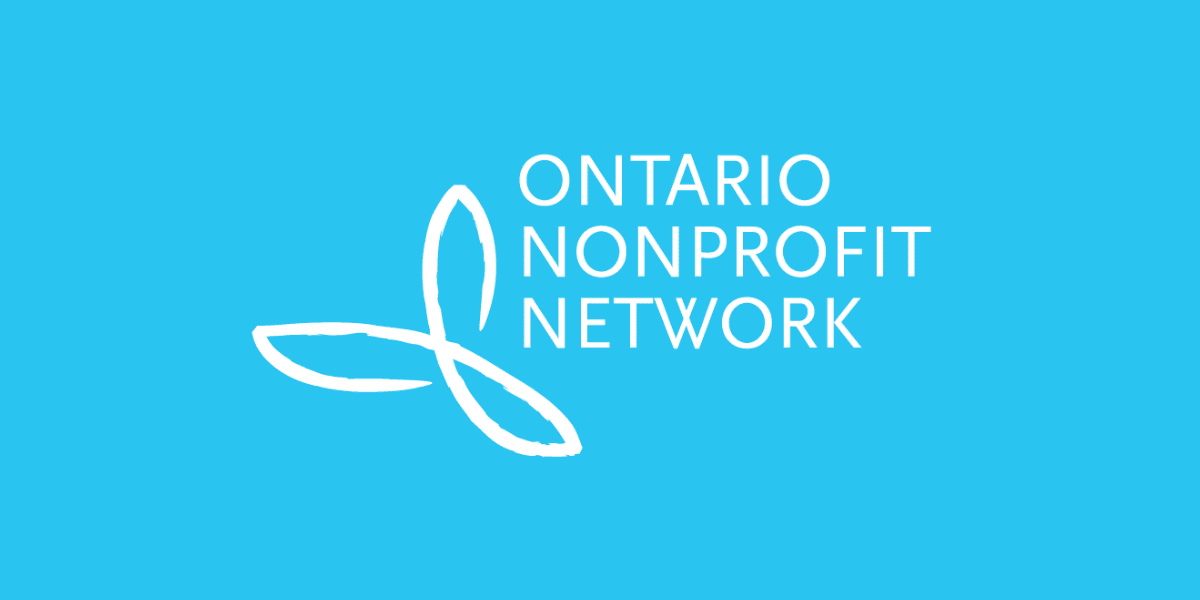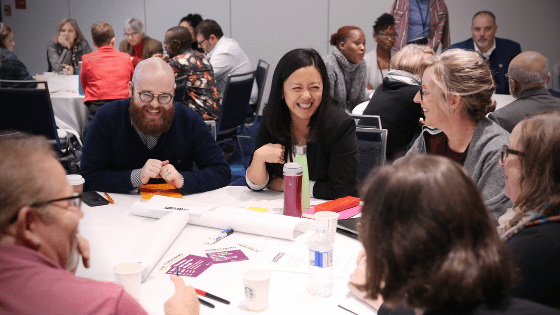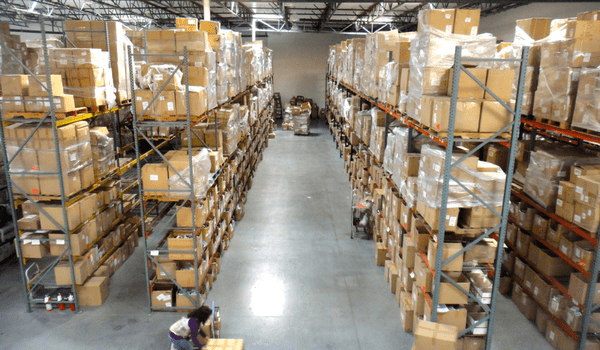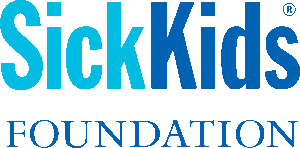
Blog
Five reasons why your nonprofit needs a professional procurement policy
By David Rourke, Round Table Procurement Services
From the Board of Directors to funders to community members they serve, nonprofits have a long list of stakeholders to take into consideration when determining how money is spent and how suppliers are chosen. Establishing and enforcing policy to govern the way a nonprofit buys goods and services, also known as a procurement policy, can help nonprofits ensure their spending aligns with their organizational values and the interests of their supporters.
Here are five best practices to help nonprofits develop or improve their procurement processes:
1. Seek supporter feedback
Many different roles and responsibilities are required for a nonprofit to deliver its social mission effectively and efficiently. This may result in different perspectives on what resources are needed and how those resources should be purchased. To eliminate individual biases or group think, it is recommended that nonprofits receive input from different supporters. Establishing policy to orchestrate this input can improve decision quality, reduce risk, and eliminate biases.
2. Maintain consistency
The expectations (and need) for fair and transparent selection processes are greater than ever. How nonprofits select and manage suppliers may impact their public reputation and credibility. Creating and enforcing policies consistently, such as how to steward supplier relationships or how to uphold a professional code of conduct, can help maintain consistency of quality and conduct across all team members.
3. Establish team procurement leaders
Finance and administrative leads within your organization can support program staff on large or complex projects. These projects usually involve highly specialized activities such as researching suppliers, developing documents, creating evaluation tools, and writing contracts that most staff rarely perform. To increase efficiency, nonprofits can use the same few individuals to manage this work across all projects, and define when and how to engage these “procurement leaders” in its procurement policies.
4. Expand your network
Establishing procedures and supplier evaluation processes can help nonprofits “cast their net” further to discover alternative and possibly more appropriate opportunities for partnership. By expanding their network, nonprofits can gain knowledge and increase confidence that existing suppliers are the best choice.
5. Leverage the sector’s purchasing power
Establishing and enforcing procurement policies can take time and resources that many nonprofits may not have. This is why ONN developed the ONN Purchasing Program with purchasing experts at Round Table Procurement Services (RTPS). The program aims to provide nonprofits with strategies, tools, and programs to save time and money with their buying decisions. And leverage the purchasing power of the nonprofit sector. That’s 58,000 organizations across Ontario!
Establishing and implementing your nonprofit’s procurement policy may seem daunting. If you have any questions or require support, please contact our team (RTPS team for the ONN Purchasing Program) at onnpp@rtps.ca. We are here to help!






